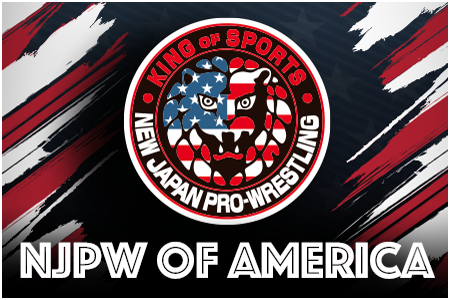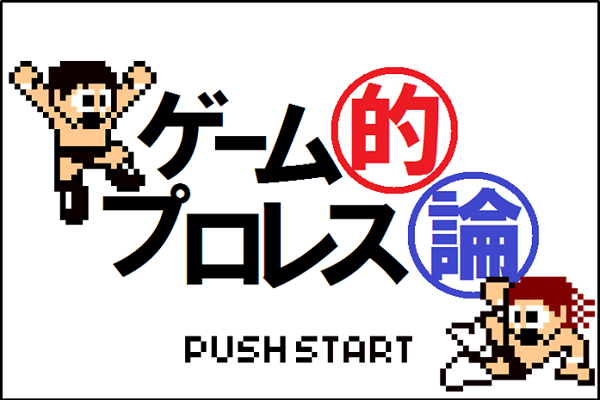Hello NJPW fans! My name’s Daizou Nonaka and I’m a producer at the videogame company Capcom. As a wrestling fan who works in videogames, there are a lot of parallels between our two worlds, which this column will explore.
This year’s G1 Climax was hotter than ever. There were a lot of new faces in the lineup this year; it really felt like there were several top contenders. There was a real sense of survival in the tournament; it truly felt like it could be anyone outlasting the others to the end. Eventually it came down to Kota Ibushi and Jay White; a real ‘super babyface’ against a ‘super heel’. It was a pretty easy scene to make sense of, and to find someone to root for. On top of that though, the action in ring was easily intense and fresh enough to keep us hardcore fans happy.
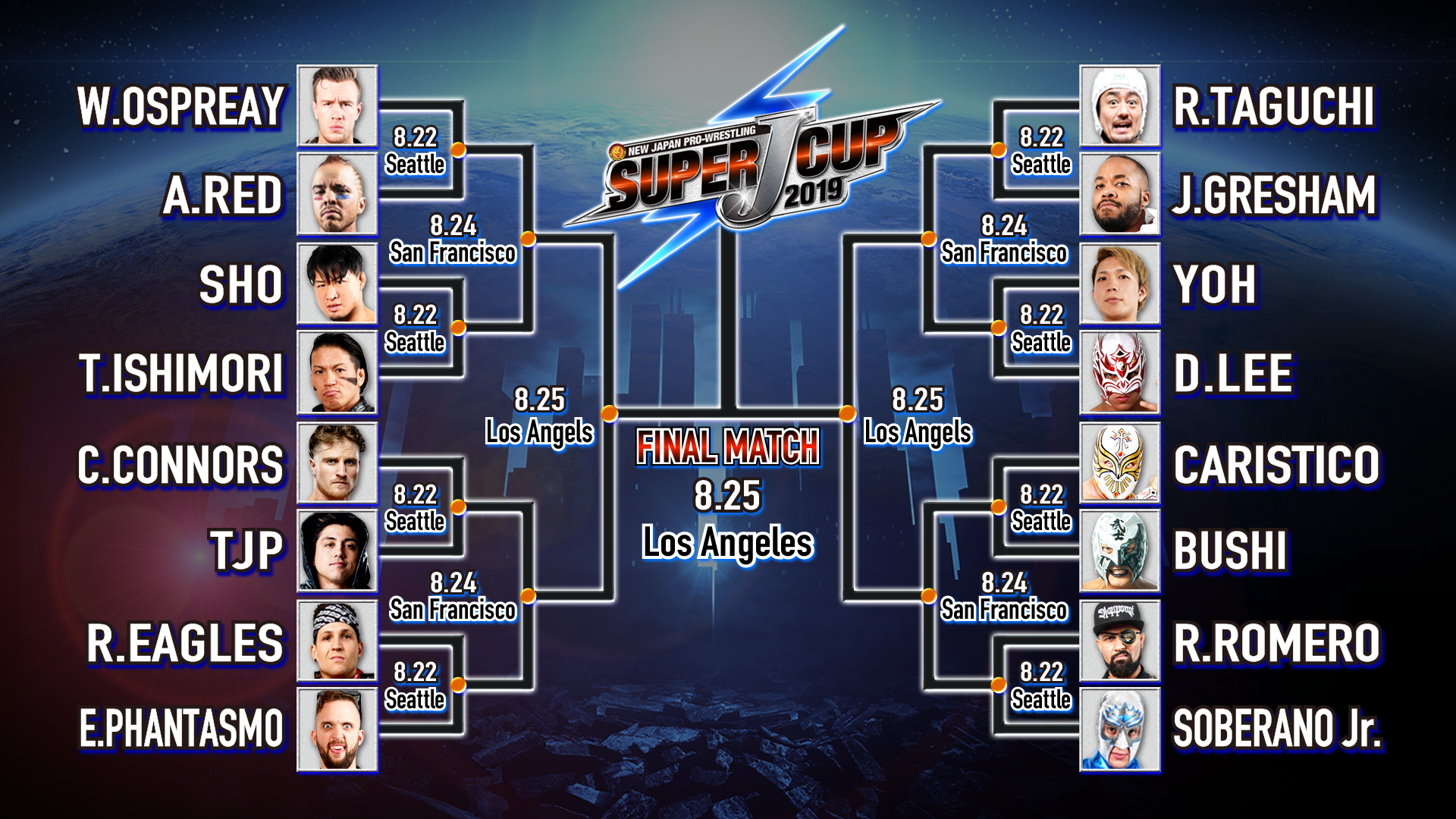
Next though, it’s the Super J-Cup. It’s right around the corner! The first Super J-Cup in three years will also be the first time the tournament has been held in America.
We have 16 wrestlers facing each other in a three day tournament. Five Japanese wrestlers, and then more wrestlers from Mexico, Australia, the UK, America, Canada… a real international flavour.
The Super J-Cup is a concept that was born in Japan, and is now being offered as it is to a different market and different fans. Content that’s made in Japan and being presented to America.
That’s a situation that I’m used to in the videogame world, but it’s seen some different approaches over the years. So I’d like to talk a little bit about ‘localizing’ and ‘culturalizing’.
Cultualization refers to the practice of making broad changes in order to appeal or become more relatable to a different country’s culture. It shouldn’t be confused with ‘localization’ which is closer in nature to translation. Let’s say for instance, a Japanese game has a player pick up an onigiri (rice ball) as a health item. In a localized work, the English version of the game would leave that item as it is, a rice ball.
In the west though, in fact in a lot of countries outside of Japan, people don’t eat rice balls all that often. It isn’t instantly understandable that a character would eat it to gain energy. Some players might feel ‘what is that character eating?’. So it might get changes into ‘bread’ or an ‘energy drink’; the idea is a player in a different country can enjoy the game more that way.
As someone who’s loved videogames and wrestling for a long time, however, I’ve felt that culturalization has changed quite a bit lately. Let’s compare the 1980s and the 2010s. (Localization and culturalization applies to countries all over the world, but just for the purposes of space and time, let’s compare Japan and America).
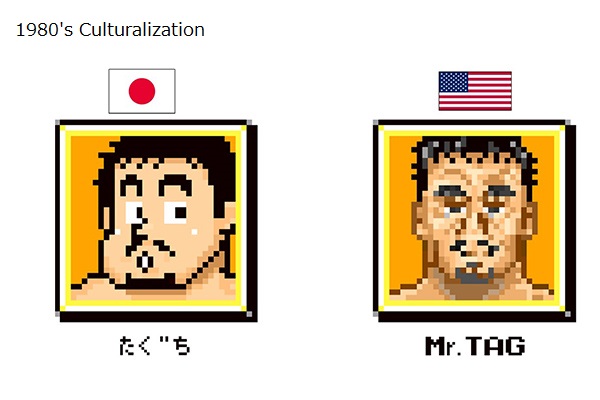
Taguchi here might be very popular in Japan, but might not be such a familiar face to Americans. So let’s change him. So that his name is easy to read and pronounce, a name like Mr. Tag seems right. We’ll also change up the art. Japanese players like manga, while American fans will prefer something more realistic, so let’s change his profile picture. All of a sudden the fun loving Taguchi becomes the stoic Mr. Tag. Neither character looks like it could really sell in the other country, right?
That’s a 1980s view of culturalization. It wasn’t just in videogames though! Look at how Keiji Muto became a big star in the 1980s. It wasn’t as Keiji Muto but as a very different character in the Great Muta. A culturalized version for the American market.
To go back to videogames, when we at Capcom released our game Rockman in the west, it was repackaged as Mega Man, and used completely different packaging and publicity materials. The game was a huge hit in both markets; an example of culturalization being successful.
That process of changing expressions for all these different markets has steadily become a looser and less stringent one. Localization is always necessary to get around language barriers, but the heavy culturalization has become less of a factor.
Look at pro wrestling, and a couple of names instantly come to mind. Chris Jericho and Shinsuke Nakamura are big stars in America and Japan, using the same ring style, and the same name. Games are usually released with the same title as well. So let’s see how the Coach would look in a videogame about the Super J-Cup if it was released today.
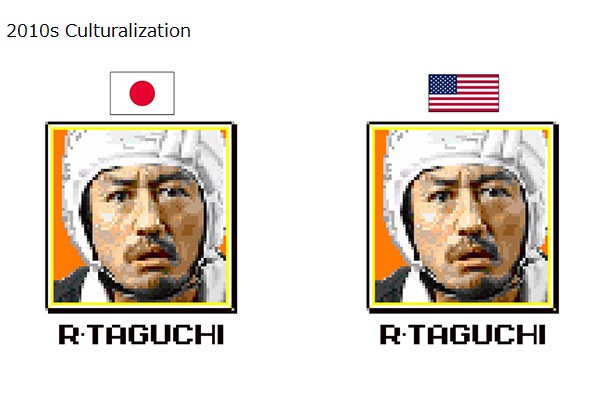
That’s right; it’s exactly the same. Why this lack of strong culturalization? It’s really down to the internet age. In today’s world, people are used to getting information about anything and everything online. New Japan has NJPW World or this website you’re reading now. Fans that used to wait weeks to trade VHS tapes in the mail can now watch almost every event as it happens. Even if a wrestler doesn’t come to your country in person, you can watch their matches as they happen.
It’s the same with videogames. Players are taking the initiative and using the internet to find out information about games from all over the world, and talking about them 24/7. If you’re not careful in the localization process, players will complain that the localized product they’re getting is different to the original.
Now, of course, every country, even every community has different cultures attached, and to get as many people invested as possible, there’s an element of culturalization that has to take place. But things like turning a rice ball into a hamburger will continue to steadily disappear. The internet has brought the world together as one, and the wrestling and videogame worlds have globalized to match.
So let’s get back to the Super J-Cup. This is the seventh tournament and the first in the US, but there’s no reason to change what the tournament is. The reason for that is simple; the fans mostly know what the Super J-Cup is about already. There’s no need to culturalize because the fans can go out and see one of the older tournaments, and understand right away.
Those fans know that the prospect of the world’s top junior heavyweights battling it out to decide who’s the best is something you’re going to want to see in person. Without any need for change, the Super J-Cup has become a globally recognized IP. The world’s been brought together by the Super J-Cup; that’s something for us fans to be proud of!
I can’t wait to take in this tournament with my friends from around the world. Here are my picks then:
Favourite: Dragon Lee
Rival: Taiji Ishimori
Watch out for: TJP
Dark horse: Clark Connors
My pick is Dragon Lee! I correctly predicted Kota Ibushi for the G1, so I hope I can make it two in a row.
Daizou Nonaka is a 35 year veteran of the videogame industry and wrestling fandom. Working at Capcom he has produced games in the Mega Man series among many others.


